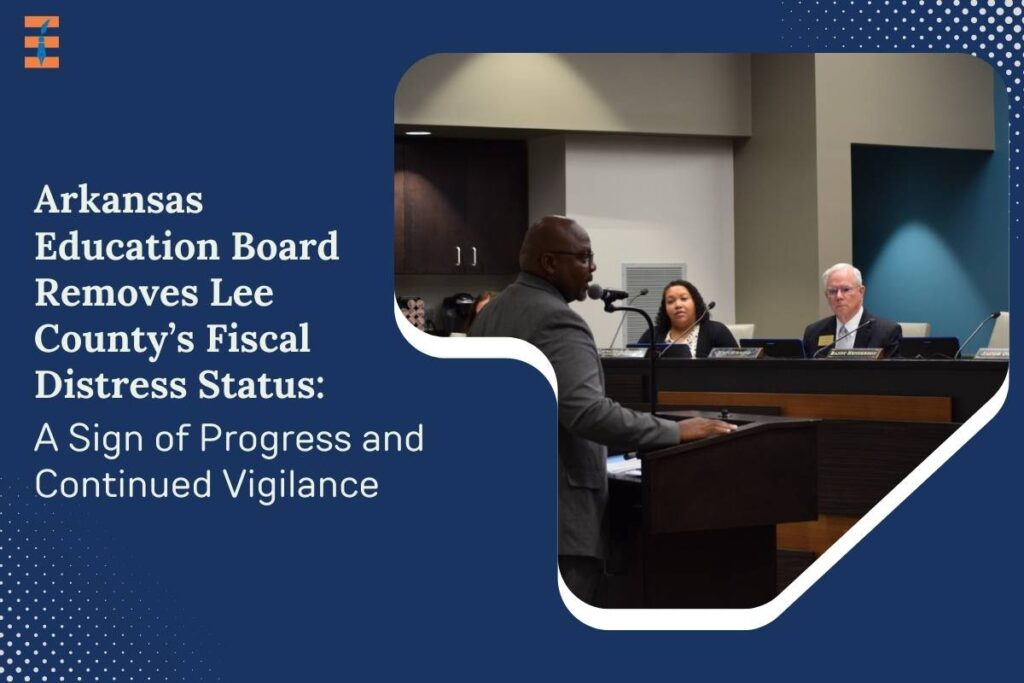In a significant development for Arkansas education, the State Board of Education has voted to remove the Lee County School District from its fiscal distress status. This decision marks a milestone for the district, signaling progress in its financial management. However, it also underscores the ongoing need for vigilance and prudent oversight as state officials commit to monitoring the district’s finances for the next three years.
Superintendent Michael Stone, expressing elation at the board’s decision, highlighted the district’s proactive approach to financial stability. He emphasized the implementation of robust systems and procedures aimed at safeguarding fiscal health, stating, “Just keep doing what we’re doing. Celebrate this moment and then get back to work.”
Central to the district’s financial turnaround has been the adoption of a comprehensive financial procedures manual—a critical tool previously lacking. Stone, now completing his second year with the district, lauded efforts to trim expenses, estimating savings of up to $1 million through attrition and strategic staffing adjustments aligned with student enrollment trends.
Rising Enrollment Fuels Financial Stability and Sustained Academic Excellence
The district’s enrollment trajectory, while initially showing a decline, has recently reversed, showcasing positive momentum. Stone emphasized that increased enrollment not only benefits educational outcomes but also bolsters financial stability by attracting more state funding—a crucial factor in sustaining educational programs.
While the Board of Education’s decision signifies progress, it does not imply a complete disengagement. The Arkansas Department of Education’s continued monitoring and support underline a commitment to long-term success. The district, having sought intensive support in 2021, has been the focus of collaborative efforts aimed at holistic improvement.
Lee County’s journey to financial stability has been marked by innovative initiatives such as the affordable teacher housing project—a testament to creative resource allocation. The groundbreaking of four duplexes, funded through federal relief programs, underscores a strategic approach to talent retention and recruitment, essential pillars for sustained academic excellence.
Sheila Whitlow, an associate deputy education commissioner closely involved with Lee County, expressed jubilation at the district’s recognition for its perseverance and hard work. The sentiment echoes broader community support and underscores a collective commitment to educational advancement.
Arkansas Education: Navigating Challenges, Fostering Excellence
The state’s broader education landscape reflects ongoing efforts to support districts in need. Recent successes, such as Earle’s release from fiscal distress status and transformation initiatives in other districts, showcase a multifaceted approach to educational reform and sustainability.
As Arkansas moves forward, the case of Lee County serves as both a beacon of progress and a reminder of the ongoing challenges facing educational institutions. The intersection of fiscal prudence, academic success, and community engagement remains paramount as stakeholders continue their shared mission of nurturing future generations.
In conclusion, Lee County’s removal from fiscal distress status is a testament to resilience and strategic planning. It signals a positive trajectory for the district while reinforcing the importance of continued oversight and collaborative efforts in sustaining educational excellence.










